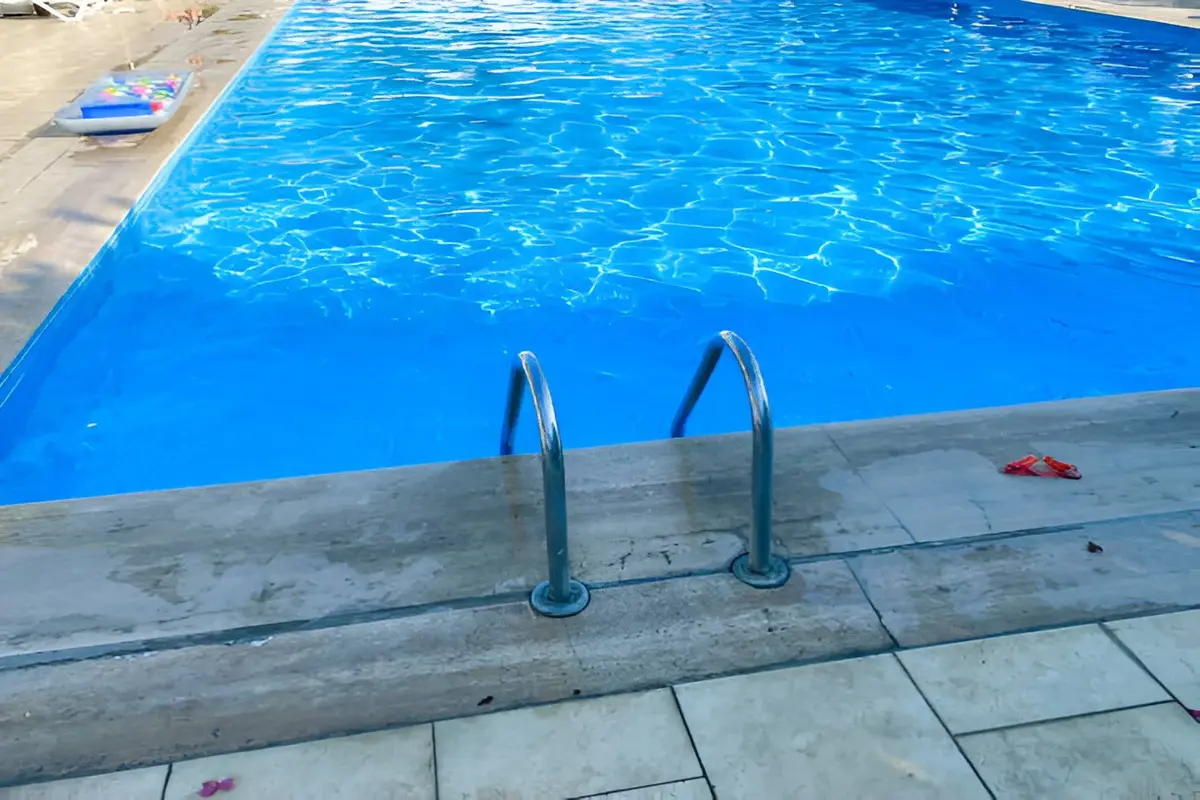
Regular pool inspections are essential for maximizing summer fun and avoiding costly repairs, especially in Texas, where fluctuating temperatures can impact the pool’s structure and equipment.
Also, Texans with a private pool must get regular inspections to prevent costly repairs down the road. These (inspections) assessments can identify common pool problems such as structural cracks, broken tiles, faulty electrical systems, pumping and filtration issues, and pool water chemistry.
So, getting a pool inspection is not just about maintenance; it is also a key to safety for you and your family. During the inspection, the pool inspector pays close attention and ensures that everything in the pool is in good condition and functioning smoothly.
In this blog, we will discuss the common pool problems that you must know as a homeowner. Remember, a well-maintained pool not only provides a safe zone for summer fun but also increases the value of your property.
Structure Issues – The Common Pool Problem in Texas
The weather can greatly affect your pool’s structure. Temperature fluctuations may damage the structure and other equipment. Hot summers and cold winters can cause expansions and contractions in the soil, leading to cracks in your pool and, eventually, water leakage. Additionally, soil stress may cause the pool deck to shift.
During the pool inspection, the inspector pays close attention to checking the cracks in the surface or the pool’s walls. These cracks may allow water to seep and disturb your home’s exterior. The inspector addresses all the minor issues that can lead to major problems in the future.
Faulty Electrical System
The electrical system plays an important role in a pool’s functioning; therefore, it is thoroughly inspected during pool inspections. Minor problems in the electrical system can lead to major hazards. Therefore, homeowners must immediately attend to it to protect themselves from costly repairs and maintain safety parameters. The Texas Department of State Health Services strictly enforces pool electrical regulations. These are the proper guidelines to ensure your pool has a safe electrical system.
In the pool assessment, the inspector ensures the system has proper grounding with ground fault circuit interrupter protection to protect against electrical shocks. Additionally, the electrical wires used in the electrical system must meet the required load-carrying capacity. The full gauge wires provide a smooth electric current to the water pumps and filtration unit, which means they are not heated and will work for an extended period.
The inspector highlights all the electrical problems in the pool assessment so that you can protect yourself and your family from electrical hazards and spend quality time without hesitation.
Filtration and Pumping System Issues
The filtration and pumping systems are the heart of the pool. They work together to maintain safety and circulate clean water in the pool. In Texas, due to temperature variations and dust storms, their inspection is necessary to maintain dust-free water in the pool.
Some of the common problems that filtration and pumping systems may encounter are:
- Clogged filters
- Malfunctioning pumps
- Blocked drainage systems
That’s why a regular pool inspection is necessary to increase the life span of these systems.
During the pool inspection, the inspector checks the filter and pumps to ensure they are energy efficient and working correctly.
Water Chemistry
Maintaining the water chemistry is challenging in Texas because temperature variations have a long-lasting effect on the water. That’s why keeping healthy and safe water in a pool is not easy. The common problems pool owners face are the imbalance of chlorine and pH levels. This causes different health issues for the swimmers and provides an ideal environment for algae growth in the pool.
Below are some signs of water imbalance:
Cloudy Water
This is a common indication of misbalanced water chemistry. It is due to a lack of filtration and insufficient chemical levels.
Algae in the Pool
The algae can grow when the chlorine level drops in the pool water. It affects your comfort when you are swimming.
pH Level of the Pool’s Water
pH plays a key role in a pool’s water. The normal level of pH is 7. The pool inspector checks the pH with the pH test strip by dripping into the water. If the water is lower than the recommended value, it will be acidic; however, the water will be alkaline when it is beyond the recommended value.
Irritation Due to the pH Imbalance
When the water does not have a proper pH value, swimmers feel irritation and get skin allergies after swimming.
So that’s why getting a pool inspection regularly can prevent you from facing major pool and health problems. So, if you want to learn more about what are the common issues found during a pool inspection? Then, this blog is for you.
Do Pools Add Value in Texas?
The pools increase your property’s value. It provides a safe place for fun in summer. Therefore, homeowners with a pool must pay close attention and maintain it well. A healthy and well-maintained pool increases the value of your property in Texas.
Final Words
Pool inspection is necessary to address common pool problems, particularly in Texas. Various companies in Texas provide pool inspection services, but we strongly recommend hiring TexInspec. It is one of the most reliable companies with professional pool inspectors who can highlight all the hidden problems so you can get maximum fun in the summer.
